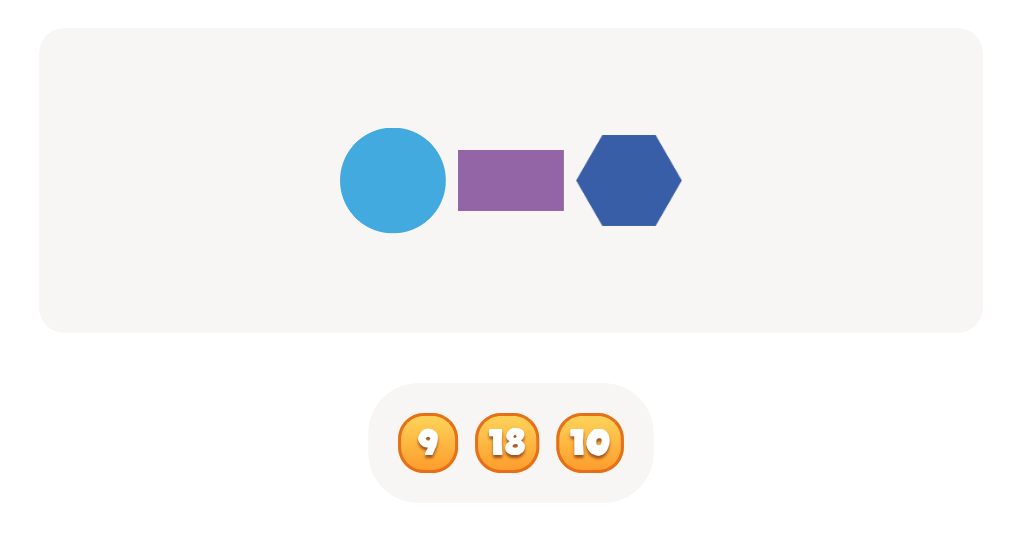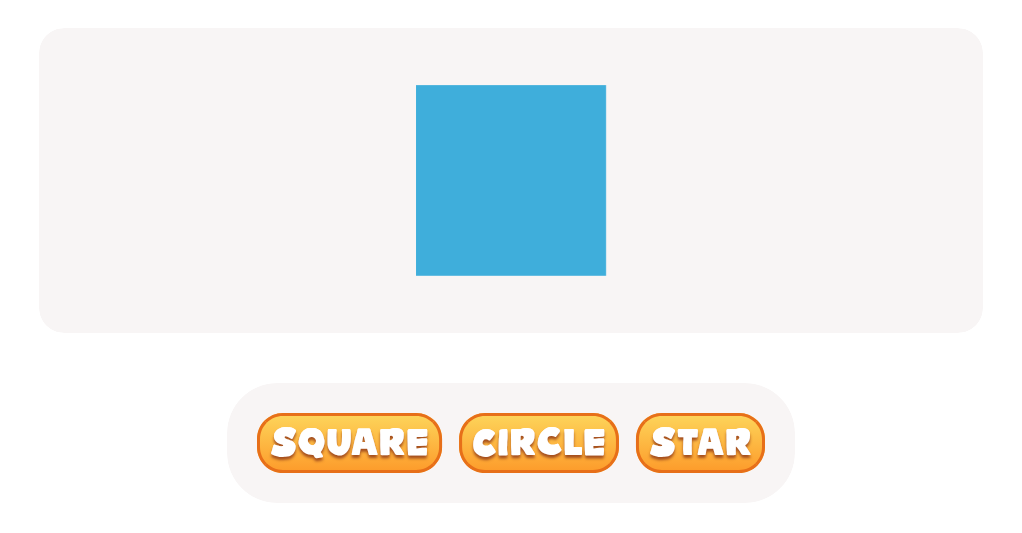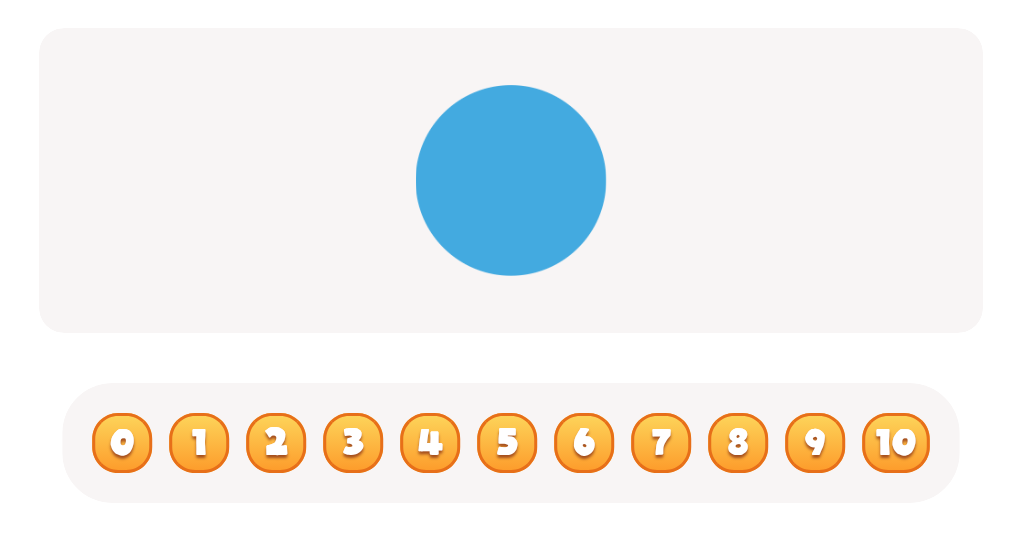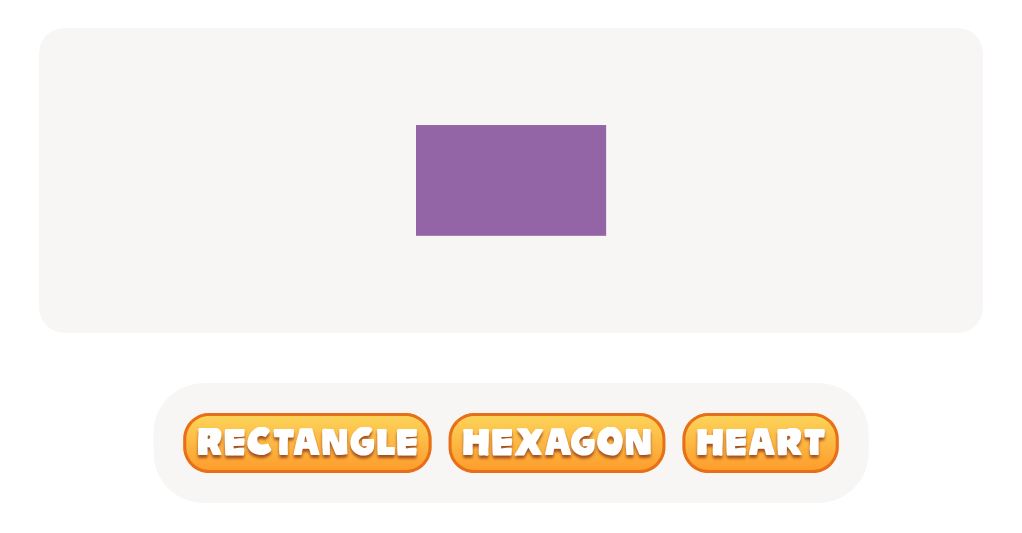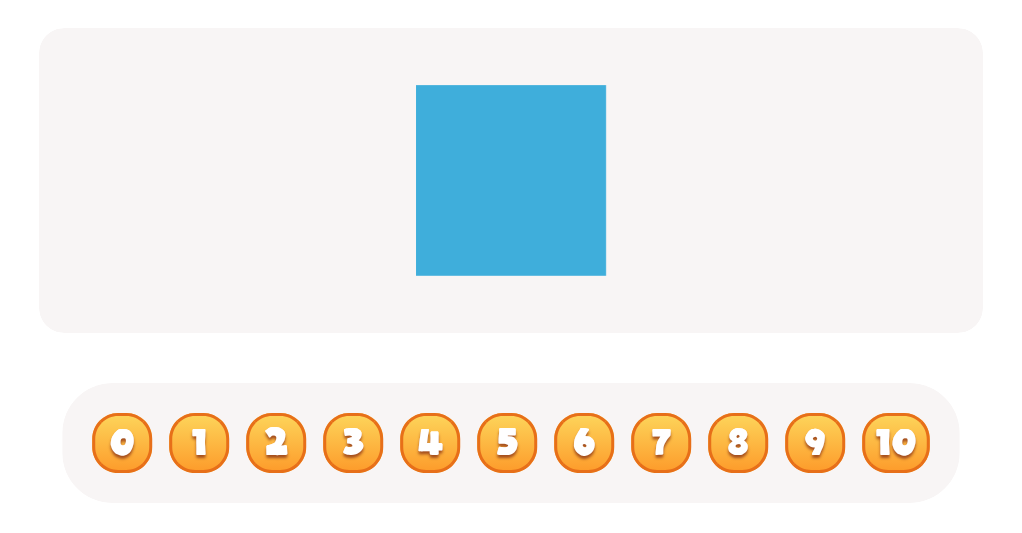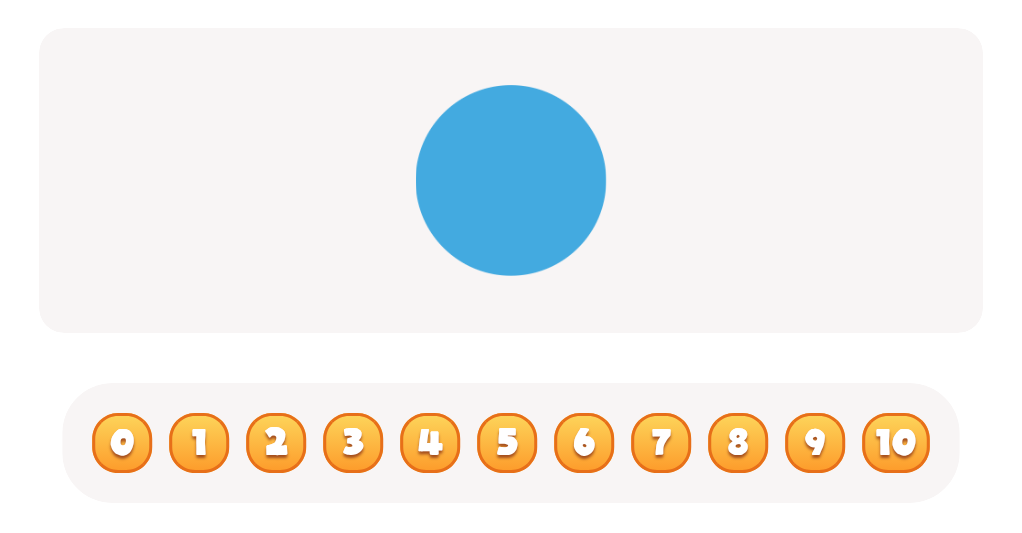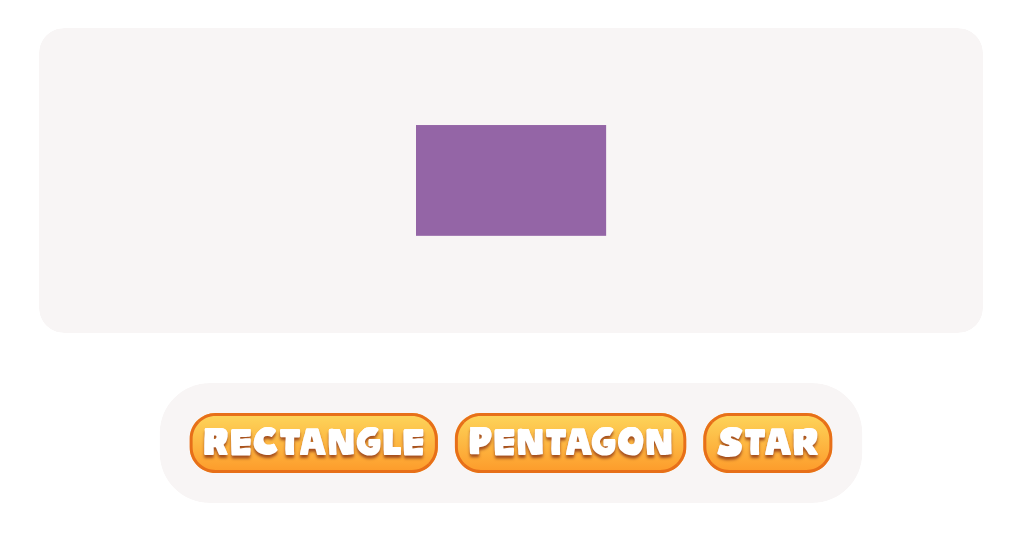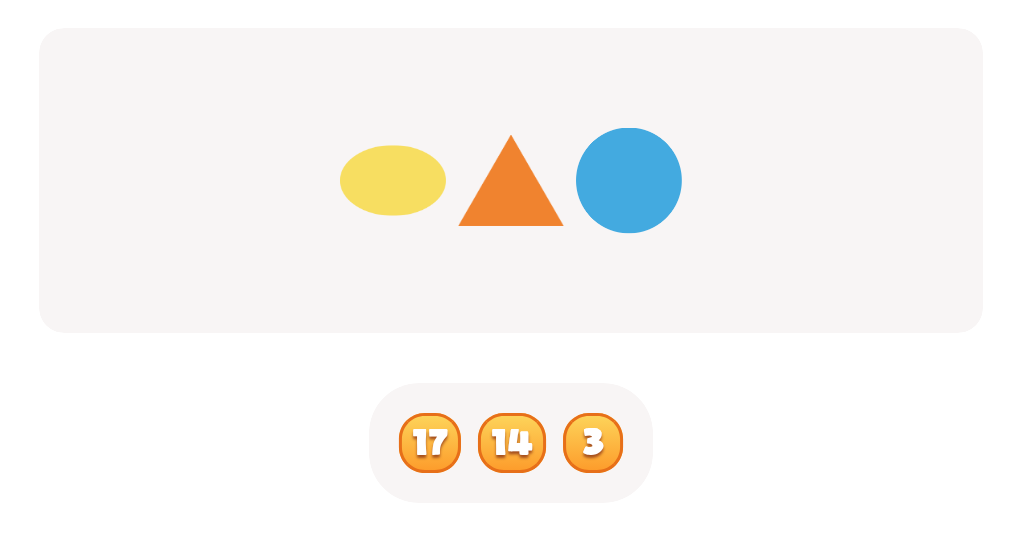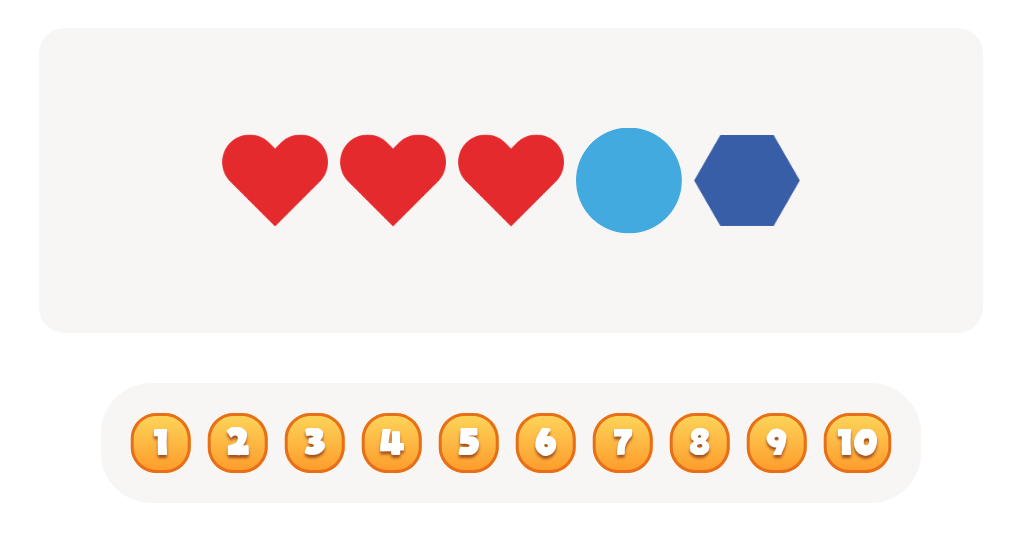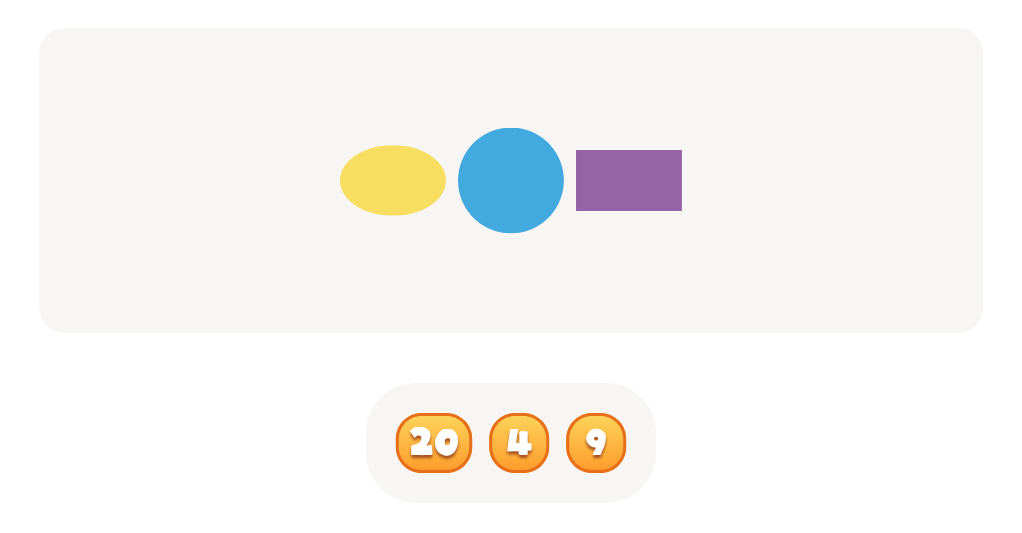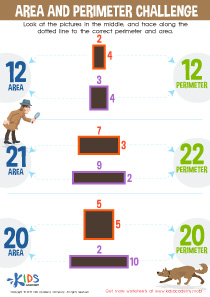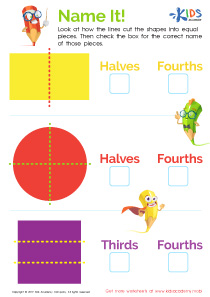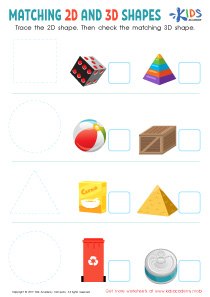Cognitive Development 2D Shapes Worksheets for 6-Year-Olds
9 filtered results
-
From - To
Our Cognitive Development 2D Shapes Worksheets for 6-Year-Olds are expertly designed to bolster young learners' understanding of basic geometry while enhancing their cognitive skills. These engaging worksheets introduce fundamental 2D shapes such as circles, squares, and triangles, incorporating fun activities like shape identification, matching, and drawing. Through these interactive exercises, children will develop critical thinking, improve visual-spatial awareness, and strengthen problem-solving abilities. Perfect for home or classroom use, these worksheets support STEM learning and provide a solid foundation for future math success, all while making education enjoyable and stimulating for young minds.
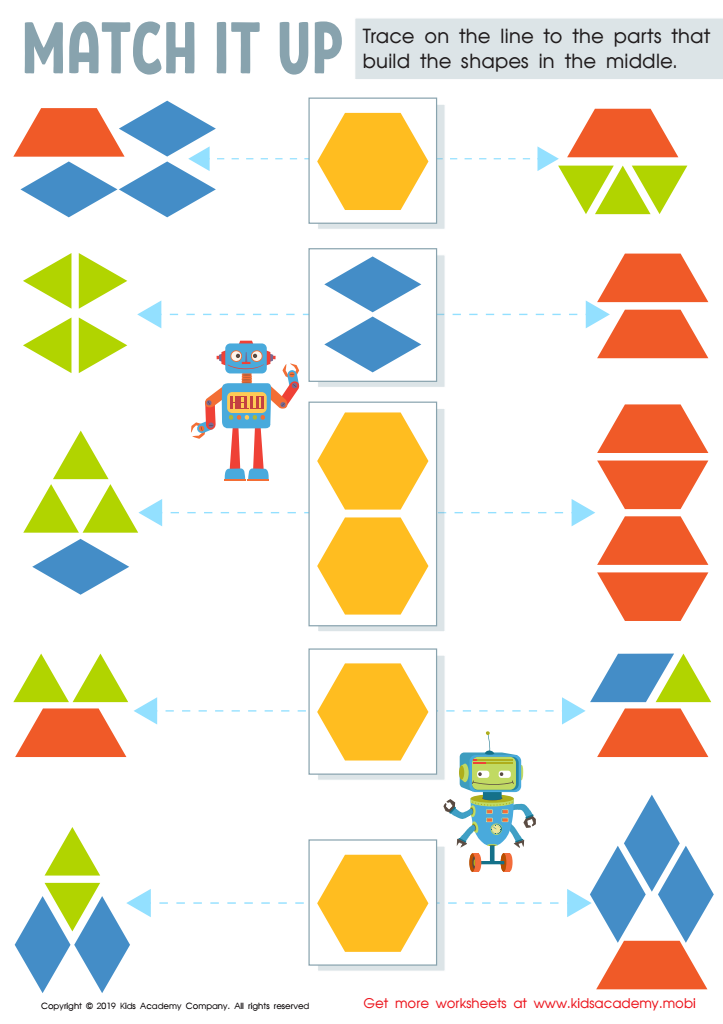

Match It up Worksheet
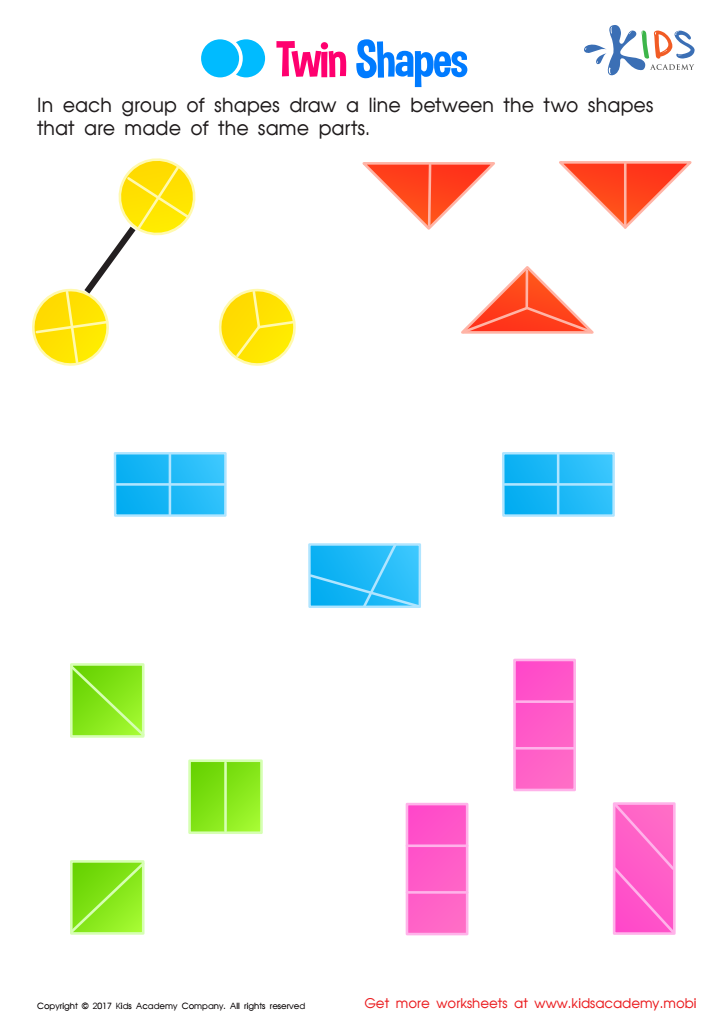

Twin Shapes Worksheet
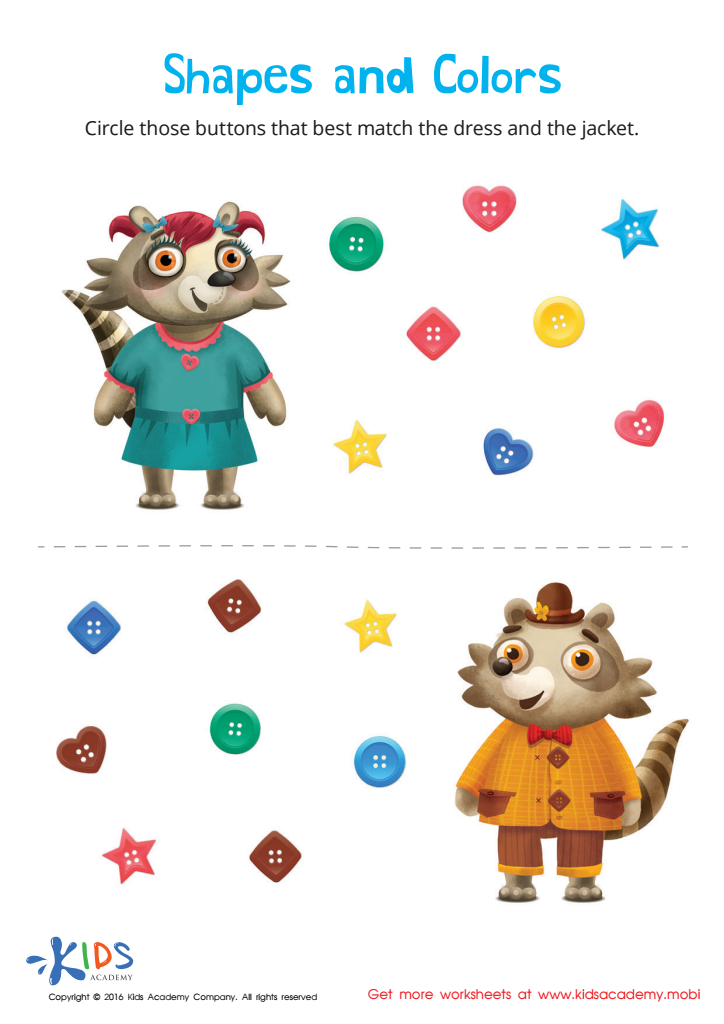

Matching: Shapes and Colors Worksheet
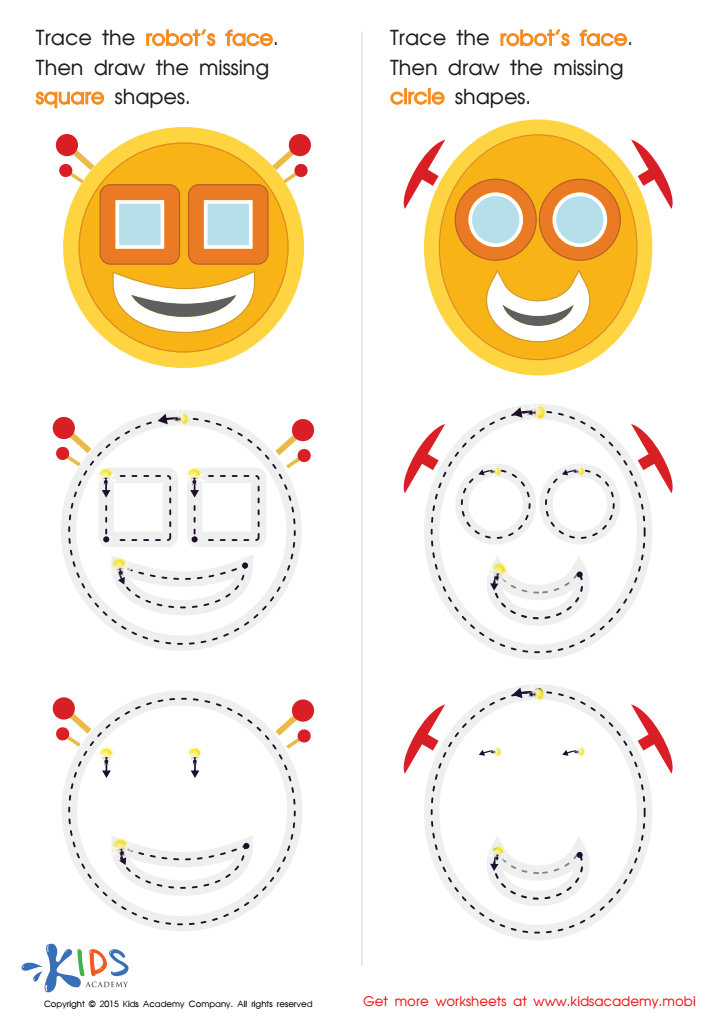

Practicing to Draw Circles And Squares Printable
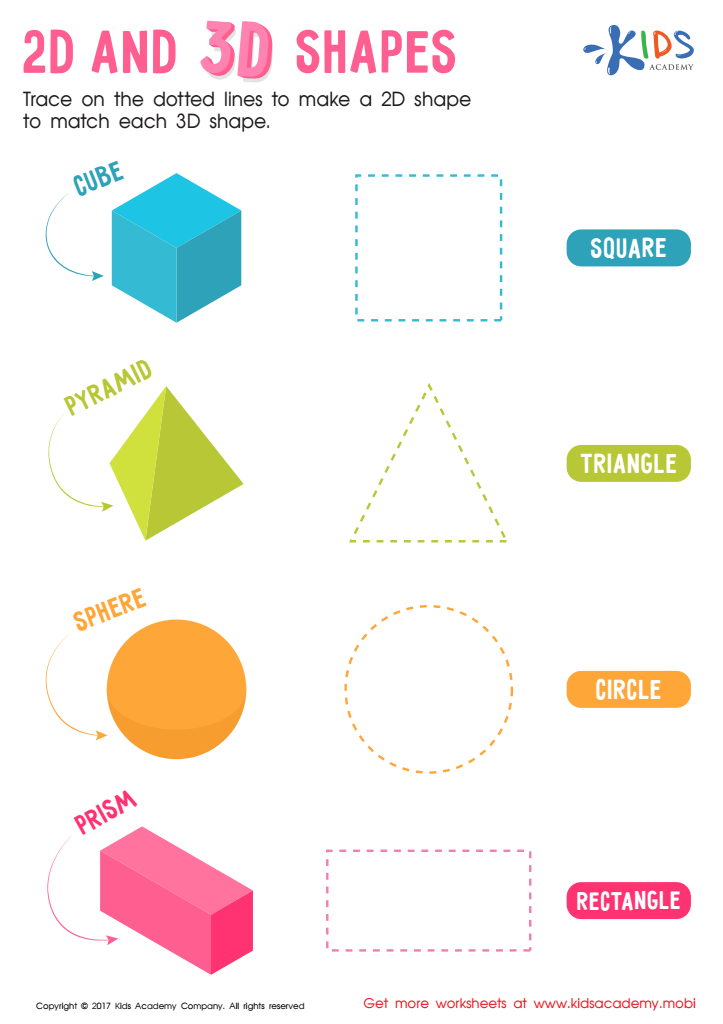

2D and 3D Shapes Worksheet


Preschool Geometry Match Up Worksheet
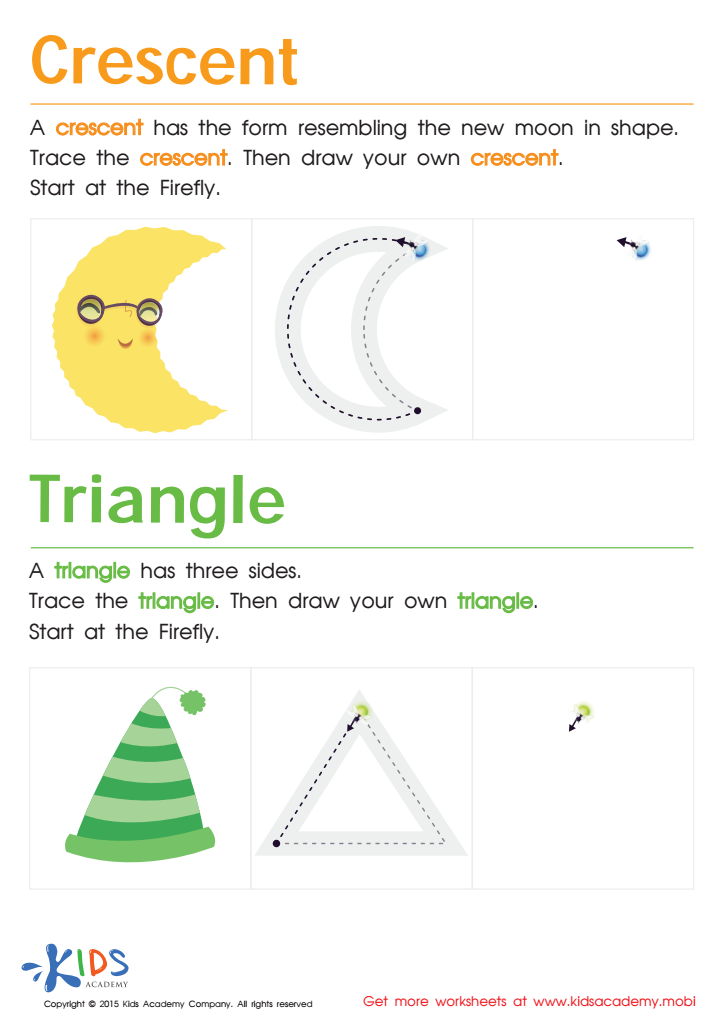

Learning to Draw Crescents And Triangles Worksheet
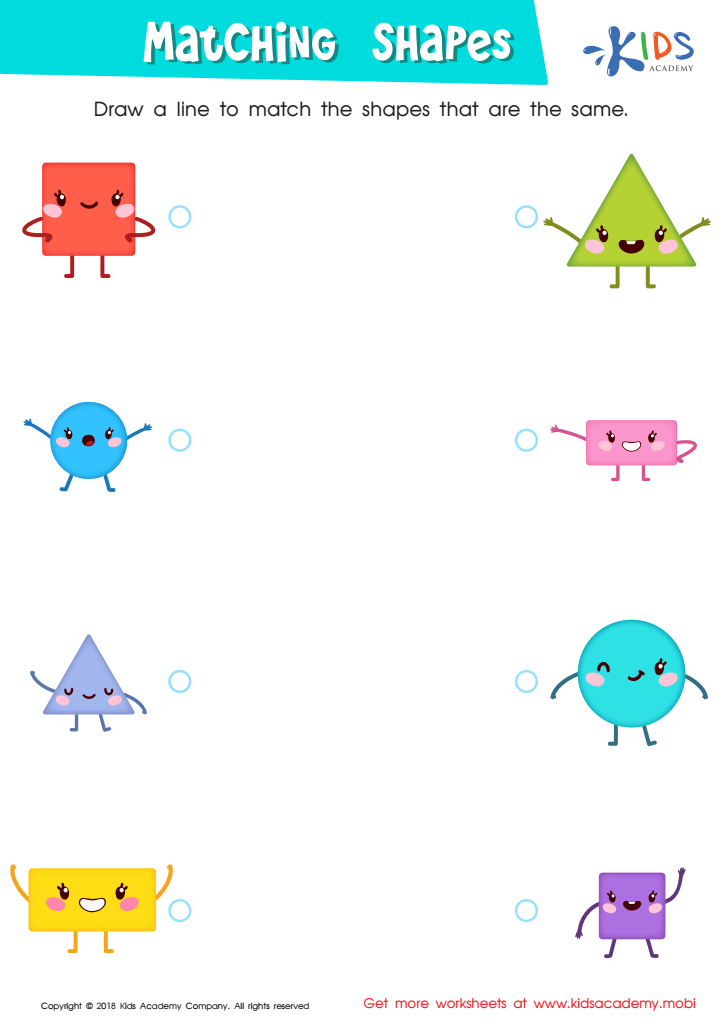

Matching Shapes Worksheet
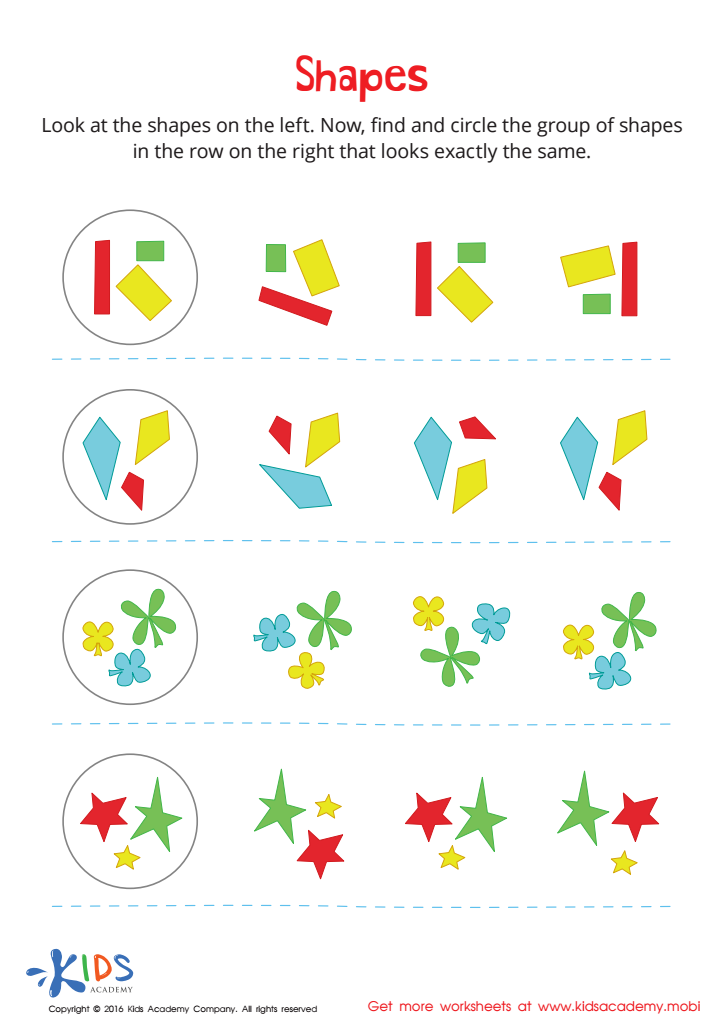

Shapes Worksheet
Parents and teachers should care about cognitive development concerning 2D shapes for 6-year-olds because it serves as a foundational building block for their overall learning and intellectual growth. Understanding and recognizing shapes is crucial for children's spatial awareness, which ultimately enhances their mathematical skills and problem-solving abilities. When children comprehend the attributes of 2D shapes, such as sides and angles, they start developing critical thinking and analytical skills.
Encouraging knowledge of shapes also helps in the visual information processing part of cognitive development. This visual-spatial intelligence aids in comprehending more complex concepts later in subjects like geometry, science, and even art. Additionally, early exposure to these shapes facilitates better hand-eye coordination and fine motor skills through activities like drawing and cutting shapes.
Moreover, knowledge of 2D shapes contributes to language development as children learn to describe and differentiate objects around them, boosting their vocabulary with terms like "triangle," "rectangle," and "circle." This descriptive language lays the groundwork for effective communication and literacy.
Overall, the cognitive engagement with 2D shapes enriches a child's early learning experience, blowing up pathways for academic success and holistic cognitive well-being. Providing engaging activities around 2D shapes offers a multifaceted approach to foster crucial development at this formative age.
 Assign to My Students
Assign to My Students
